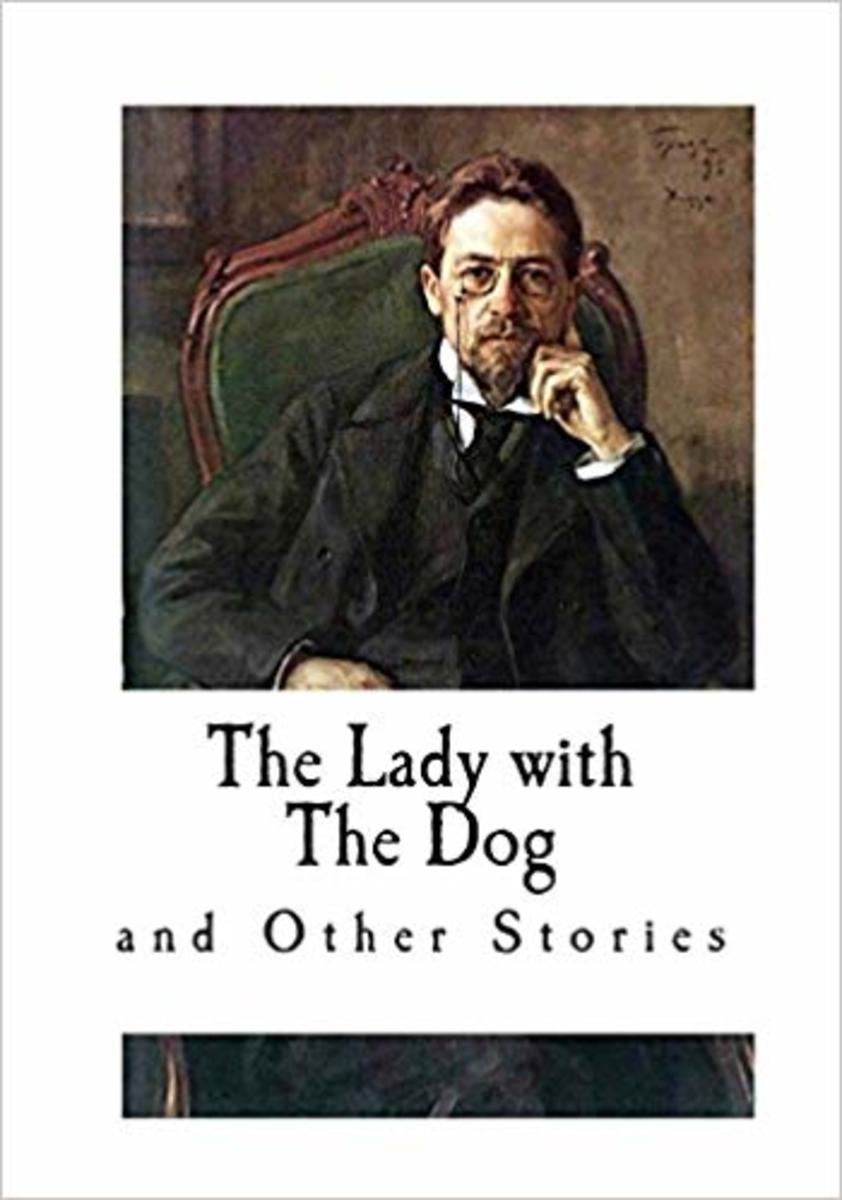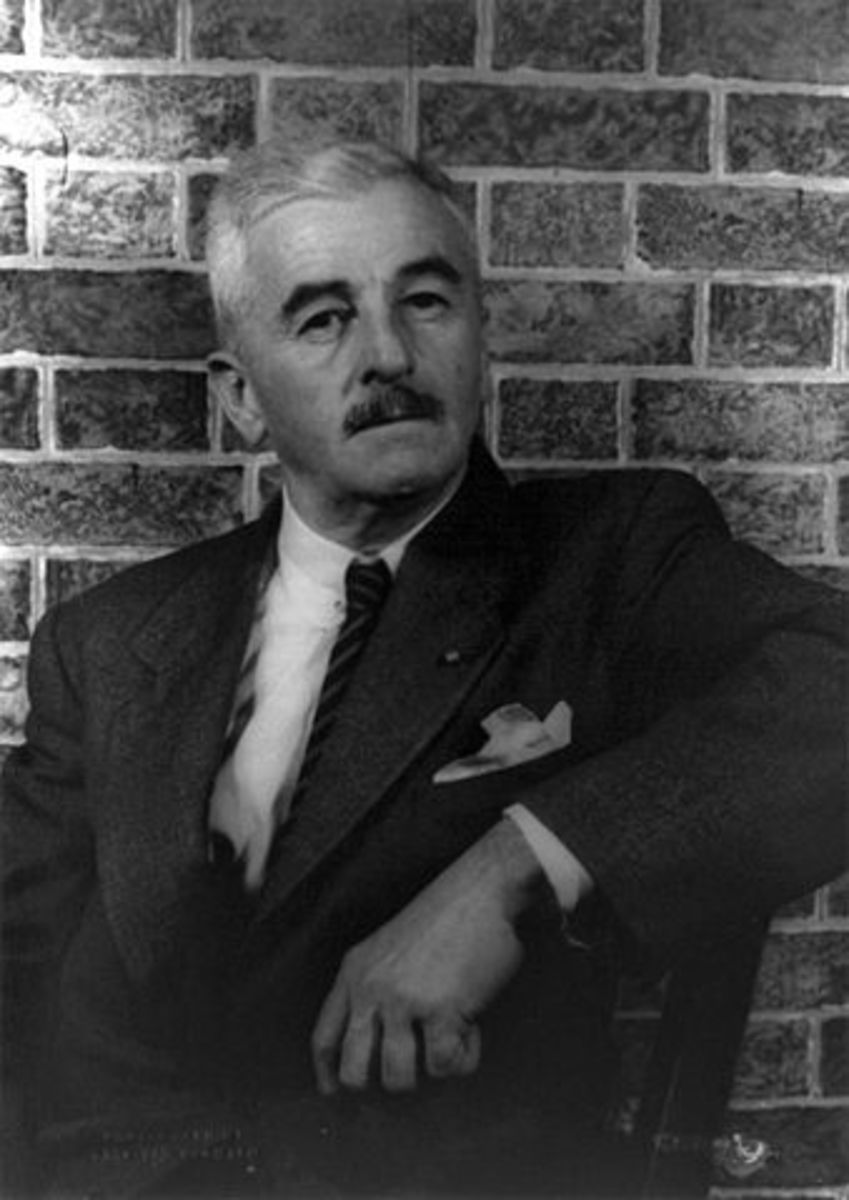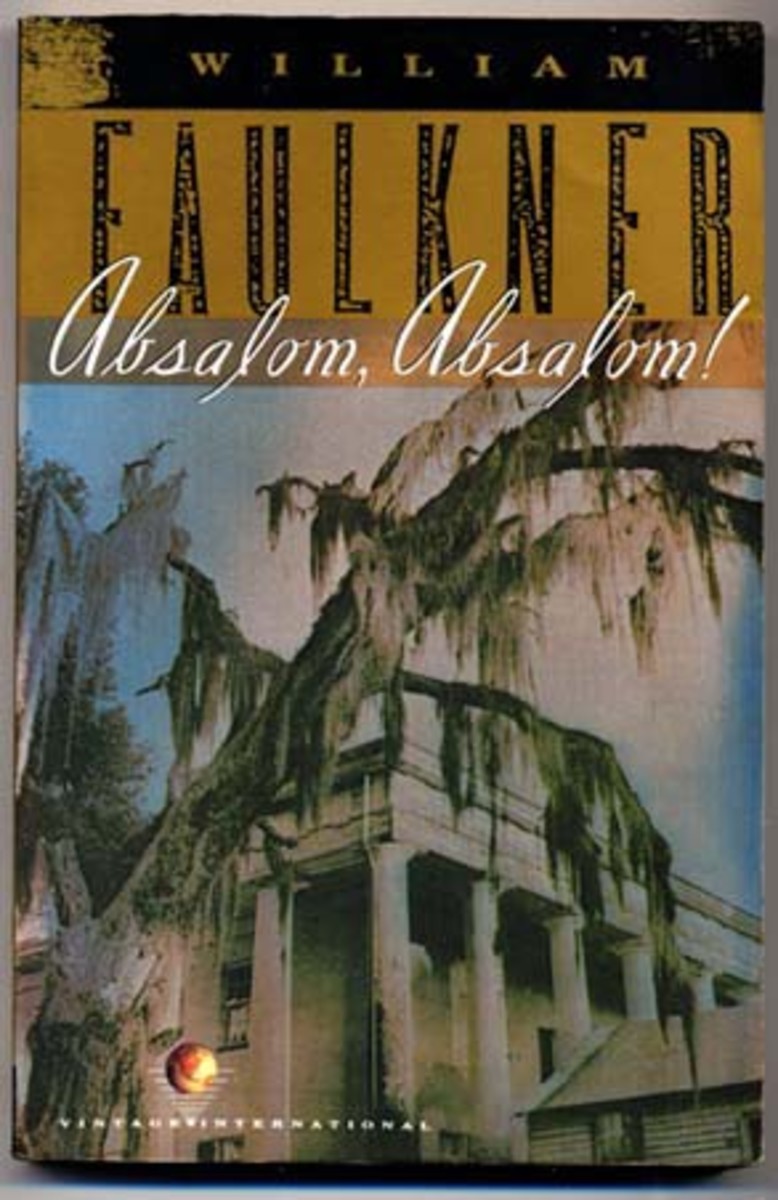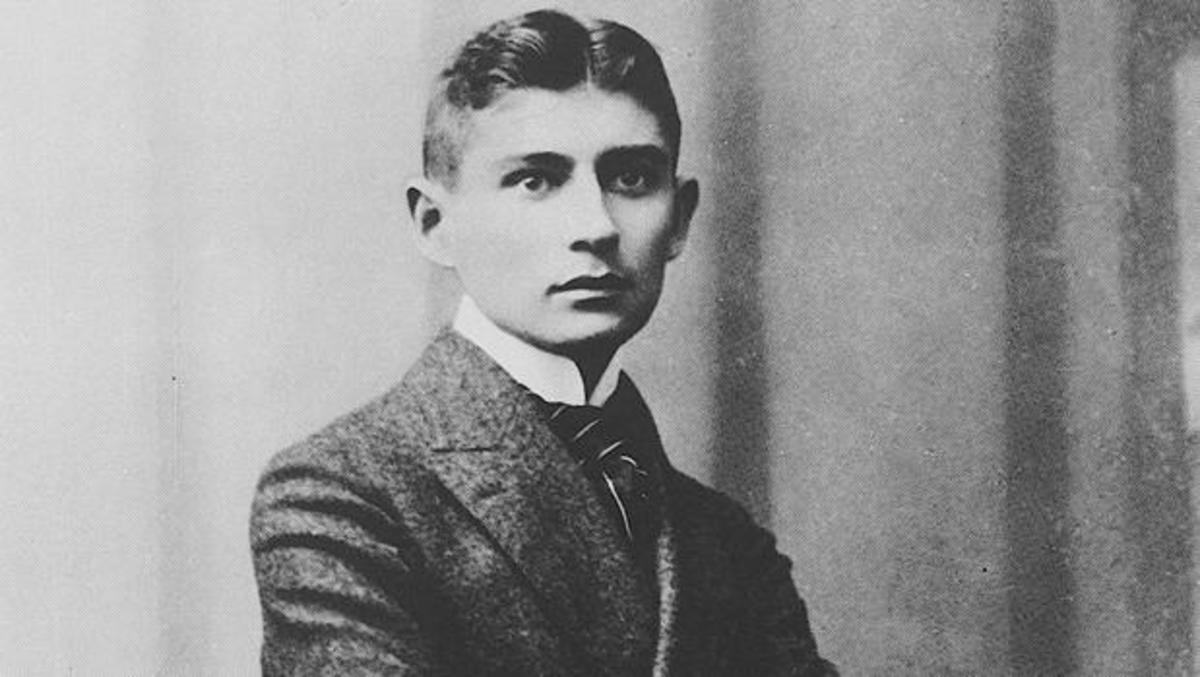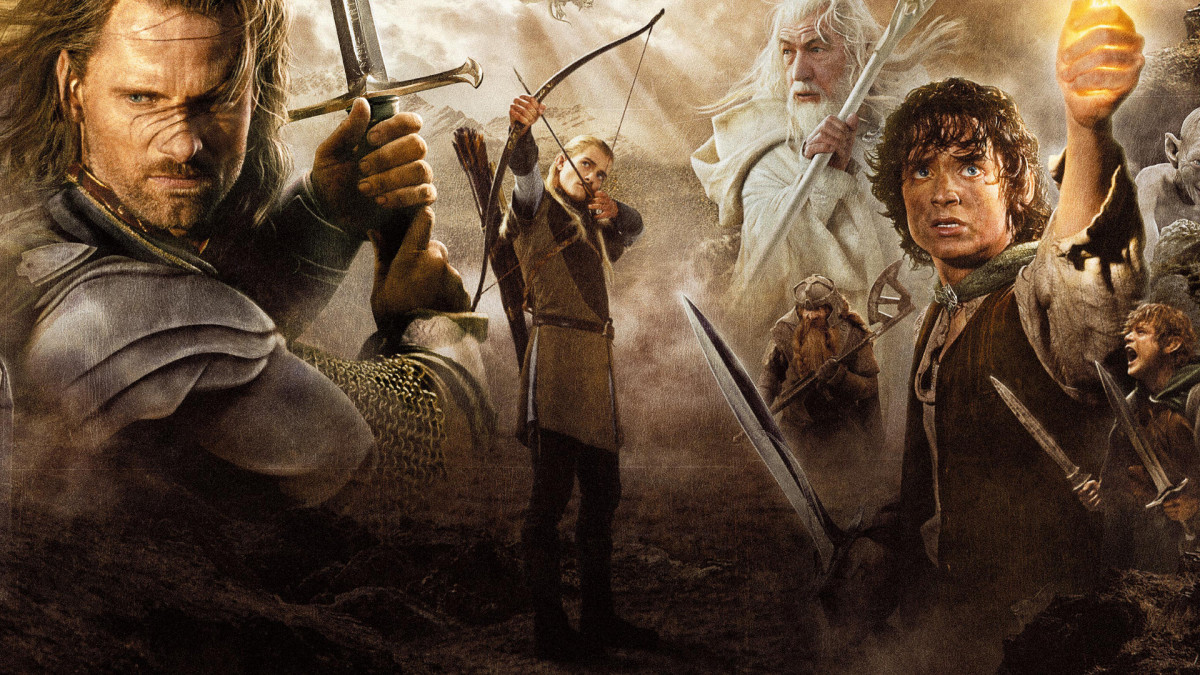- HubPages»
- Books, Literature, and Writing»
- Literature»
- Literary Criticism & Theory
Conflicts Between Family Loyalty and Justice in William Faulkner’s Barn Burning
The short story Barn Burning, by William Faulkner, has been a well-known American short story since 1939. What influenced many readers was the conflict between Sarty (son) and Abner Snopes (father) which was to either honor thy family or honor thy justice system. Using detailed imagery through the words and mind of a 10-year-old boy (Sarty Snopes), Faulkner displays the struggle of a child becoming a man. Abner Snopes is an honorable and brave war hero in the eyes of his son Sarty, but he also has a temperamental issue seeking revenge by burning enemies’ barns. Sarty even cries about his father, “He was brave! He was! He was in the war! He was in Colonel Sartoris’ cav’ry” (Faulkner, 181)! Sarty has the choice to either remain loyal to his father or do the right thing by warning his father’s enemies of an upcoming “barn burning.”
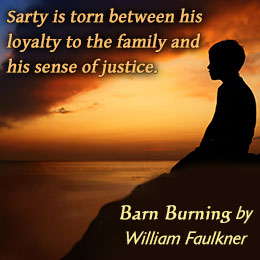
Sarty explains to readers through his thoughts and his spoken words throughout the story that he disagrees with his father’s actions. As a young boy Sarty does not know everything of the world and the reasoning behind it, which is how this conflict helps readers to gain a better understanding of him. In the beginning of the story, Sarty explains the sights, smells, and sounds inside the grocery store which is a temporary venue for a courtroom. Abner is on trial for burning a fellow man’s barn to the ground over a hog and how he refused to keep it contained. Of course Sarty’s father had no defense therefore the entire family was exiled from town. Upon leaving the courtroom Sarty portrays to readers exactly how he feels about moving again:
His two hulking sisters in their Sunday dresses and his mother and her sister in calico and sunbonnets were already in it, sitting on and among the sorry residue of the dozen and more movings which even the boy could remember—the battered stove, the broken beds and chairs, the clock inlaid with mother-of-pearl, which would not run, stopped at some fourteen minutes past two o'clock of a dead and forgotten day and time, which had been his mother's dowry. (Faulkner, 172)
This gives readers a better understanding of the inner turmoil that young Sarty is undergoing. He must uproot everything (once again) with his family moving to unknown areas because of revengeful actions from his father.
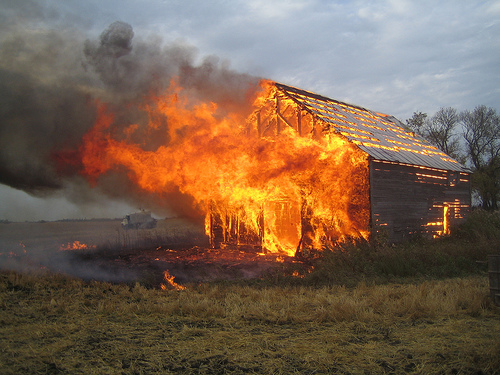
Even though the Snopes family is exiled due to his father’s actions, Abner continues to drown his son with lectures of loyalty to family and honor. Consider the lecture Abner gave to his son after court was dismissed during the trial hearing of the first barn burning:
You’re getting to be a man. You got to learn. You got to learn to stick to your own blood or you ain’t going to have any blood to stick with you. Do you think either of them, any man there this morning, would? Don’t you know all they wanted was a chance to get at me because they knew I had them beat? Eh? (Faulkner, 173)
Sarty wanted so much to inform his father that the townsfolk were merely seeking justice and truth, but fear of the strike from Abner’s hand he kept his thoughts in his mind. What kind of justice is burning down a man’s livestock and barn? After the civil war a farmer was considered an entrepreneur and invested everything in his livestock and barn.
During the mid-1800s, many settlers moved from the east and set out closer to the West and Southwest. This would then in turn create issues and violence when citizens had to vote on whether to be “free” or as a “slave”. “This became the most explosive issue in the nation, creating heated debate that led to violence in many parts of the country” (Gay, 8). From 1861-1865 the civil war was deterred from the survival of the Union or independence for the confederacy. Although this war was bravely fought on American soil, it also created destruction and conflicts for “middle-class” Americans. “Any war is followed by a time of difficult, painful adjustments” (King, 121).
Sarty displays maturity when he finally stands up for justice and truth by going against his father. Finally breaking free of his mother’s grasp, Sarty runs to the landowner’s home to warn him of his father’s evil-doings. He yells at the landowner de Spain, “De Spain! […]Barn” (Faulkner, 181)! Even after three gunshots were heard from the distance, Sarty refuses to see his father. As he ponders on a hilltop surrounded by conflicts of family, loyalty, and dishonor Sarty gains the courage to walk into the woods into adulthood. In the last sentence of the story Faulkner writes, “He did not look back” (Faulkner, 182). This leaves readers with several questions about Sarty and Abner. Did Abner get shot? Would Sarty return home? The reader can only assume based on his or her beliefs.
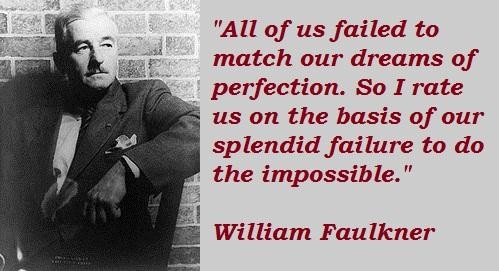
Works Cited
Faulkner, William. "Barn Burning". Literature: An Introduction to Fiction, Poetry, Drama, and Writing. Ed. X.J. Kennedy and Dana Gioia.12th ed.Boston: Pearson, 2013. 170-182. Print.
Gay, Martin & Kathlyn. “Civil War”. Brookfield, Connecticut: Twenty-First Century Books, 1995. Print
King, David. “American Heritage American Voices: Civil War and Reconstruction”. Hoboken, New Jersey. 2003. Print

